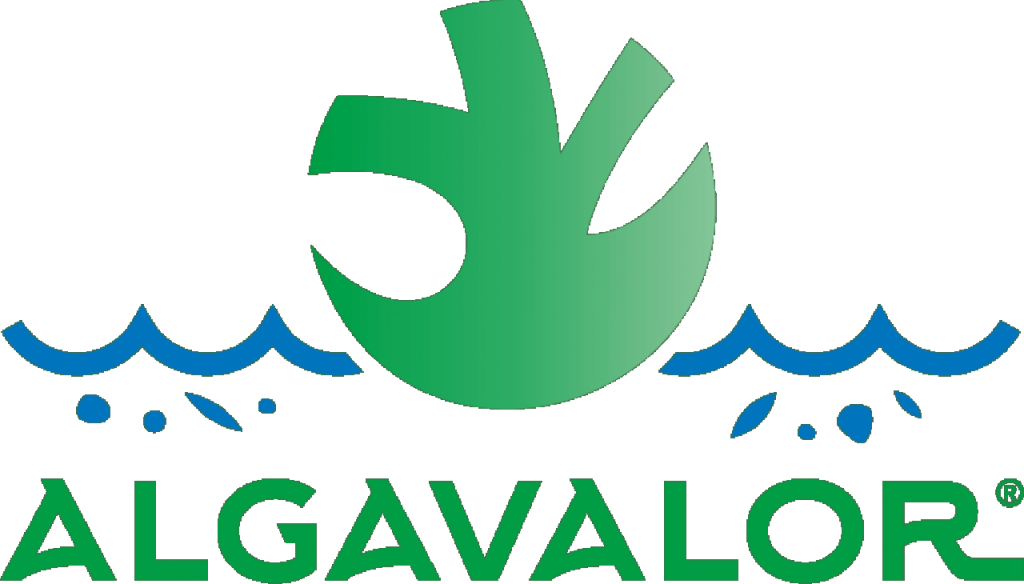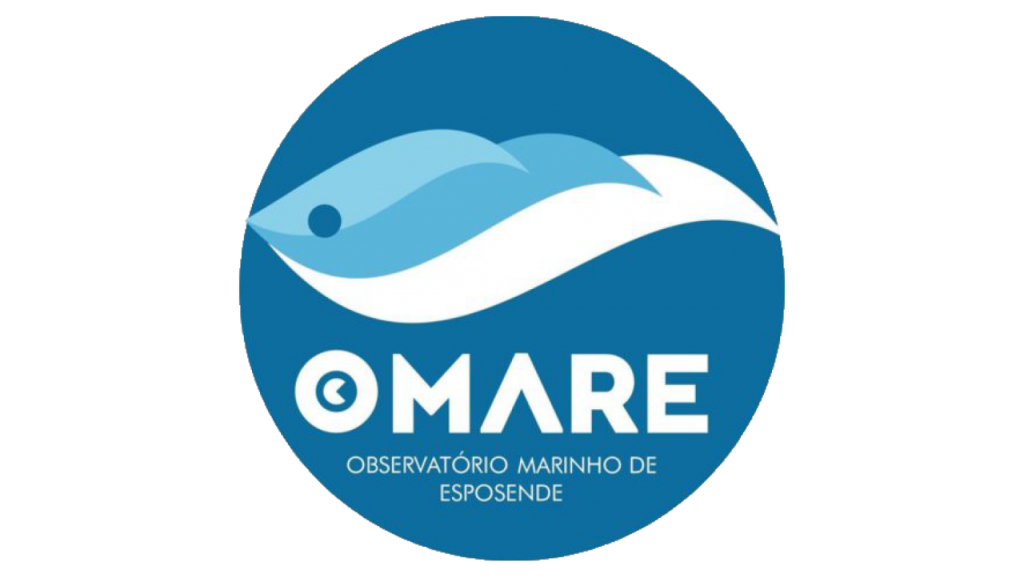

Researcher
Pharmaceutical Chemistry FFUP and Director board member of the Medicinal Chemistry and Biology Division of SPQ. Editor of Bioorganic Chemistry (Elsevier) and Associate Editor of Pharmaceuticals (MDPI).
Area of scientific activity centered on Medicinal Chemistry in particular, in the structure-based design and synthesis of potential drug candidates based on marine natural product leads.
Author of 5 Portuguese and 5 International Patent Applications in the area of drug discovery.











